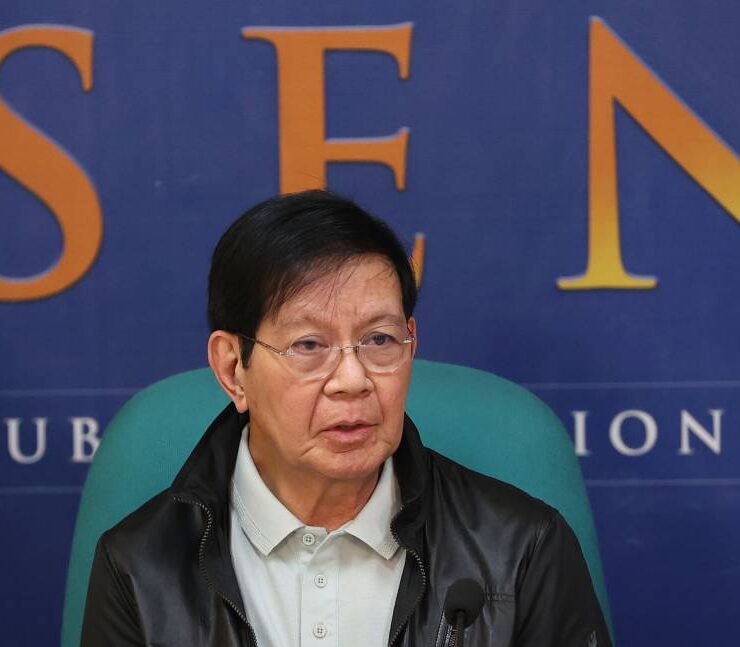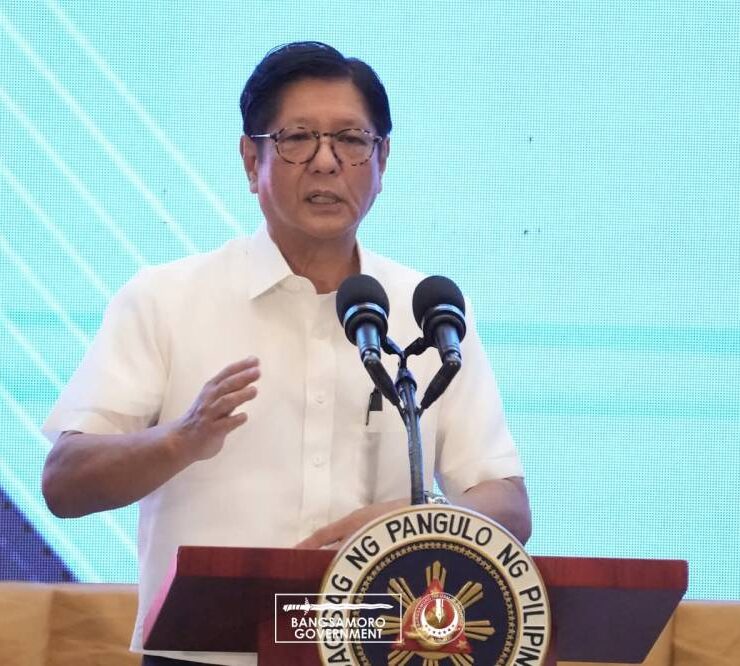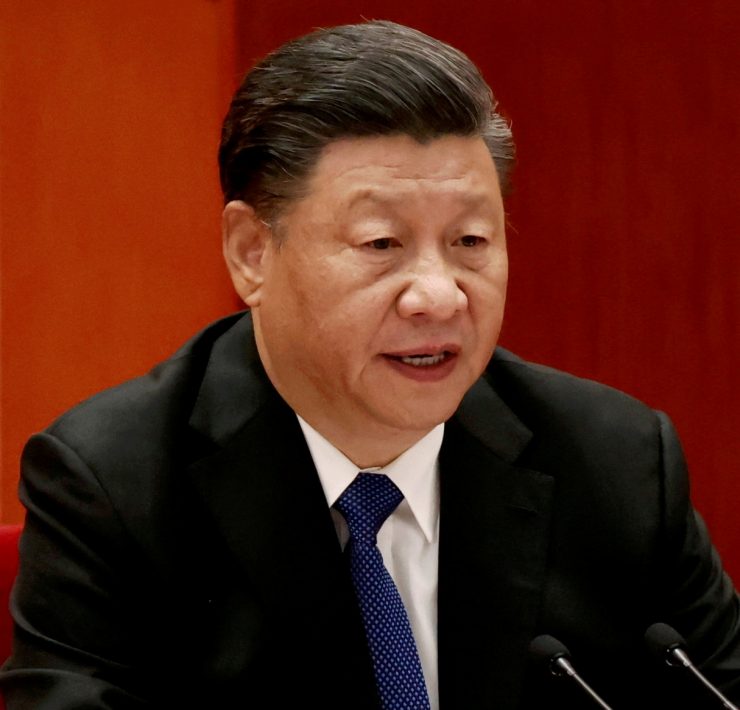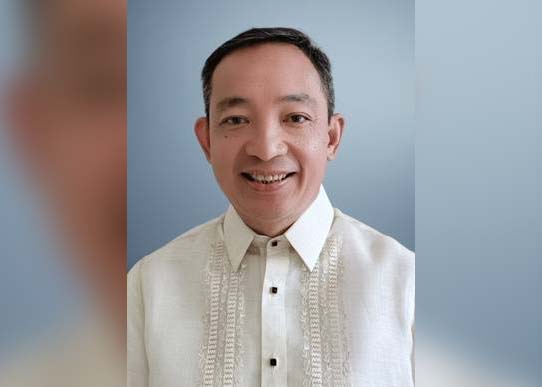Hazardous to one’s health
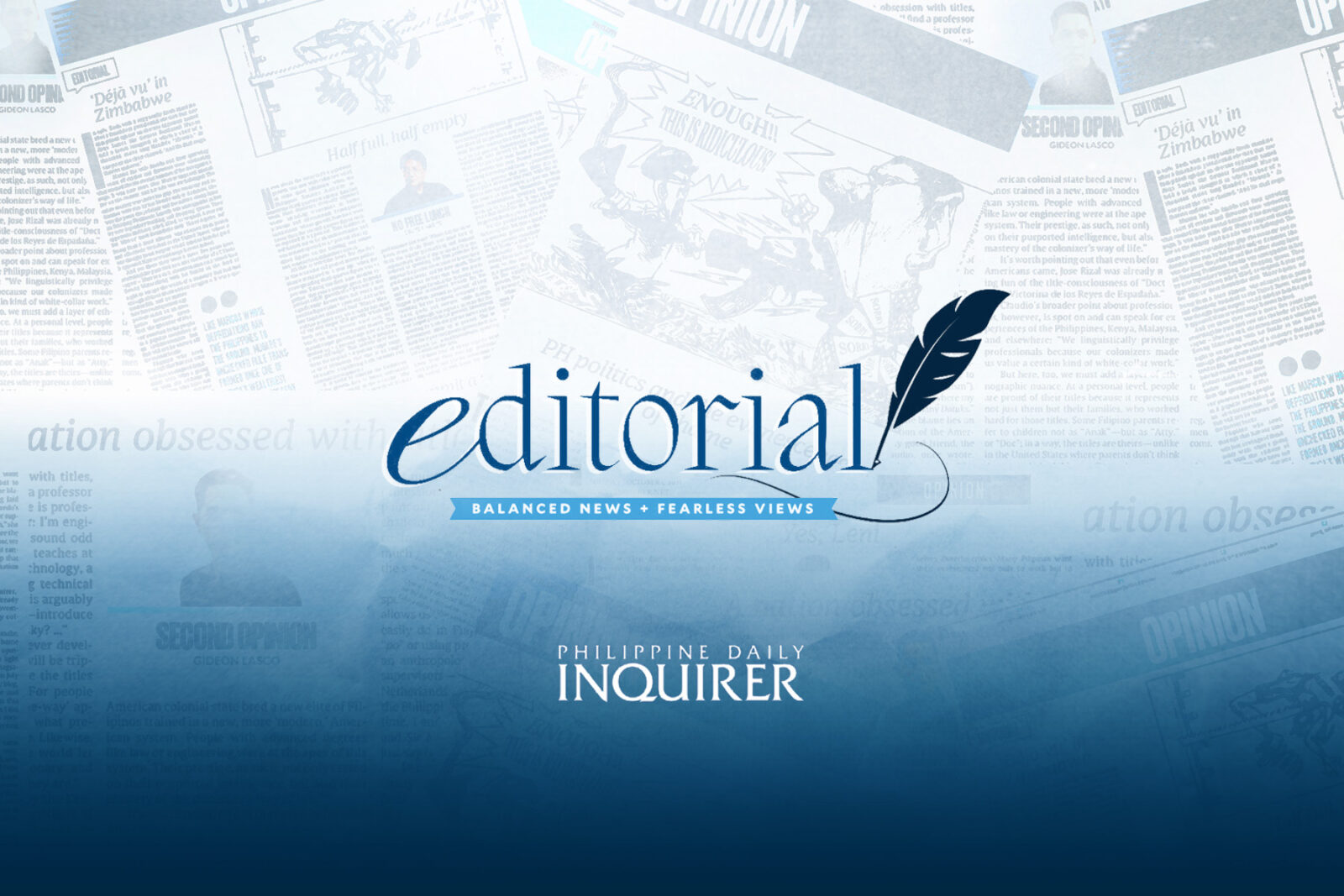
Imagine the elevated heart rate that Philippine Health Insurance Corp. (PhilHealth) members are bound to experience upon learning that the bicameral conference committee has scrapped its P74.431 billion government subsidy for 2025. This, on top of the P30 billion in reserve funds already transferred to the national treasury in October despite a temporary restraining order issued by the Supreme Court to the Department of Finance.
The latest stroke-inducing report is PhilHealth’s allocation of P137.7 million for its 30th anniversary celebration next year, a tone-deaf extravaganza in these inflation-saddled times.
Anxious members have rightfully asked: Is PhilHealth playing fast and loose with its funds sourced from the hard-earned contributions of its 62.24 million members? Will the loss of subsidy, the transfer of its reserve funds, and that lavish anniversary party deplete the funds meant to provide comprehensive medical services to Filipinos as part of Republic Act No. 11223 or the Universal Health Care Act?
Responding to the widespread bashing, PhilHealth said in a statement that the state insurer’s “financial position is strong and sufficient to sustain (its) operations.” The agency has “a total of P281 billion in reserves, P150 billion in surplus funds as of October 2024, and an investment portfolio of P489 billion as of November 2024,” it added.
Dubious practices
Such assurances, however, sound as flat as a placebo, given PhilHealth’s glaring record of fraud and mismanagement. From allegations of corruption, irregular benefit claims, ghost patients, diverted premium payments, and the questionable implementation of advance payments to health-care institutions during the pandemic, PhilHealth’s dubious practices have undercut its credibility.
Former senator Francis Pangilinan has urged that culpable PhilHealth officials be held accountable, a suggestion that resonates deeply among PhilHealth members appalled by the lawmakers’ self-righteous justification for removing the subsidy. Senate President Francis Escudero and Sen. Grace Poe of the Senate committee on finance have said that the zero subsidy was meant “to teach PhilHealth a lesson” for failing to use its allocations.
But why not fire PhilHealth’s negligent executives instead of punishing its members, rightfully pointed out economist and former finance undersecretary Cielo Magno, adding that the withheld funds could have been used to expand coverage and member benefits.
Ironically, while PhilHealth officials have always cited the law to defend their contentious moves—including the P137.7 million for the anniversary party that, they insist, are within government guidelines—they have conveniently ignored RA 11223 and the sin tax law.
As Sen. Pia Cayetano pointed out, cutting the subsidy would contradict laws mandating the allocation of taxes from “sin” products like tobacco and sugary drinks to PhilHealth for universal health care.
Unfair, unconstitutional
The denied subsidy was meant to pay the premium contribution of the most vulnerable who may not be able to afford it, Sen. Risa Hontiveros said of indigent Filipinos, senior citizens, and persons with disabilities.
“This zero subsidy is unfair, illegal, and potentially unconstitutional,” she said, adding that “though PhilHealth supposedly has excess or reserve funds, our laws say it must (still) be funded.” The reserve funds, she maintained, cannot be used for premium payment of indirect contributors. “It’s like an emergency fund, for future financial obligations,” she explained.
Petitioners to the Supreme Court led by former senior associate justice Antonio Carpio cited Section 11 of RA 11223 to urge the high court to block the transfer of P89.9 billion in excess PhilHealth funds to the national treasury. The unused idle funds cannot be classified as government savings, they pointed out, and cannot be transferred to the national treasury. Instead, they said, the funds should be used to expand the benefits of the universal health care program and to decrease the amount of members’ contributions.
Scale down extravagance
Could the agency be reserving the funds for what former senator Franklin Drilon has described as “totally unconscionable and immoral” expenses for its anniversary bash? As a monopoly and with membership made mandatory among employees and even overseas Filipino workers, why would it need to spend so much to trumpet its achievements to recruit more members, he asked.
Then again, could PhilHealth officials be personally benefiting from the huge interests accrued by its billions in reserve funds, asked Ako Bicol party list Rep. Raul Bongalon, who said he would file a resolution for a congressional probe of the agency’s investible funds.
With so many issues hounding it, PhilHealth definitely needs to scale down its planned extravagant celebration next year, and focus its energy on managing its funds better. Maybe then it would be able to fulfill its mandate of providing affordable health care for all.
















